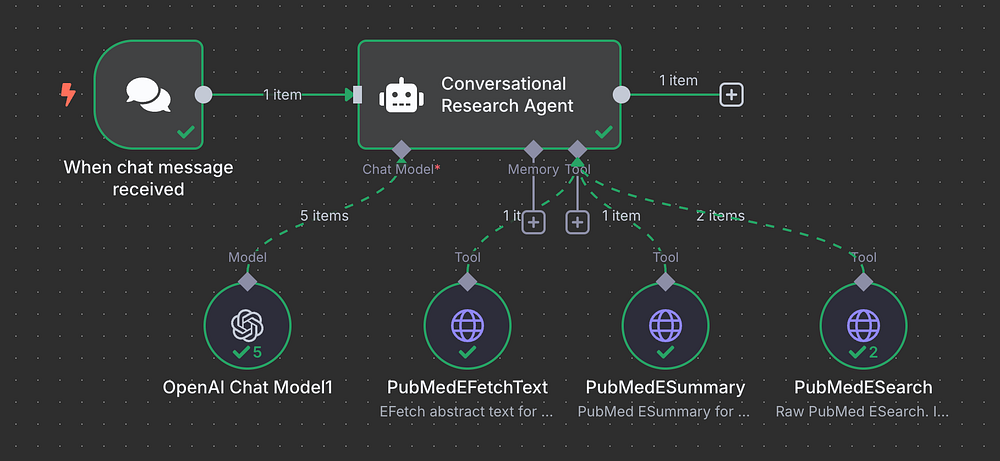Introduction to AI in Therapy
The use of Artificial Intelligence (AI) in therapy has been a topic of interest in recent times. While AI can be therapeutically useful, its secretive use by therapists is a cause for concern. A recent story highlights the chaos that can unfold when people use AI in ways that tech companies have encouraged, without proper disclosure or vetting.
The Story Behind AI in Therapy
The story, written by Laurie Clarke, reveals that some therapists have been using AI models without disclosing this information to their patients. This lack of transparency has led to patients discovering that their therapists were using AI, often by chance. The reactions of these therapists and their patients are a fascinating aspect of this story.
Reactions to Secretive AI Use
When patients found out that their therapists were using AI without their knowledge, they were understandably upset. The fact that these therapists had not provided prior disclosure about their use of AI made it seem like they were trying to hide it. Whether or not this was the intention, the lack of transparency damaged the trust between the therapists and their patients. It raises uncomfortable questions for patients when they discover that their therapists have been using AI without their knowledge or consent.
The Importance of Disclosure
One of the main takeaways from this story is that therapists should absolutely disclose when they plan to use AI and how they intend to use it. This disclosure is essential to maintain the trust that is crucial in the therapist-patient relationship. Without it, patients may feel betrayed or misled, which can irreparably damage the relationship.
Conclusion
The use of AI in therapy is a complex issue that requires careful consideration. While AI can be a useful tool in therapy, its secretive use by therapists is a cause for concern. The importance of transparency and disclosure cannot be overstated. Therapists must prioritize open communication with their patients and disclose their use of AI to maintain trust and ensure effective therapy.
FAQs
Q: Can AI be useful in therapy?
A: Yes, AI can be therapeutically useful, as shown in the first clinical trial of an AI bot built specifically for therapy.
Q: What is the problem with therapists using AI?
A: The problem is not with the use of AI itself, but with the lack of transparency and disclosure when therapists use AI without informing their patients.
Q: Why is disclosure important in therapy?
A: Disclosure is essential to maintain the trust between therapists and their patients. Without it, patients may feel betrayed or misled, which can damage the relationship.
Q: What should therapists do when using AI in therapy?
A: Therapists should disclose their use of AI and how they intend to use it to their patients before starting therapy. This ensures transparency and maintains trust in the therapist-patient relationship.










